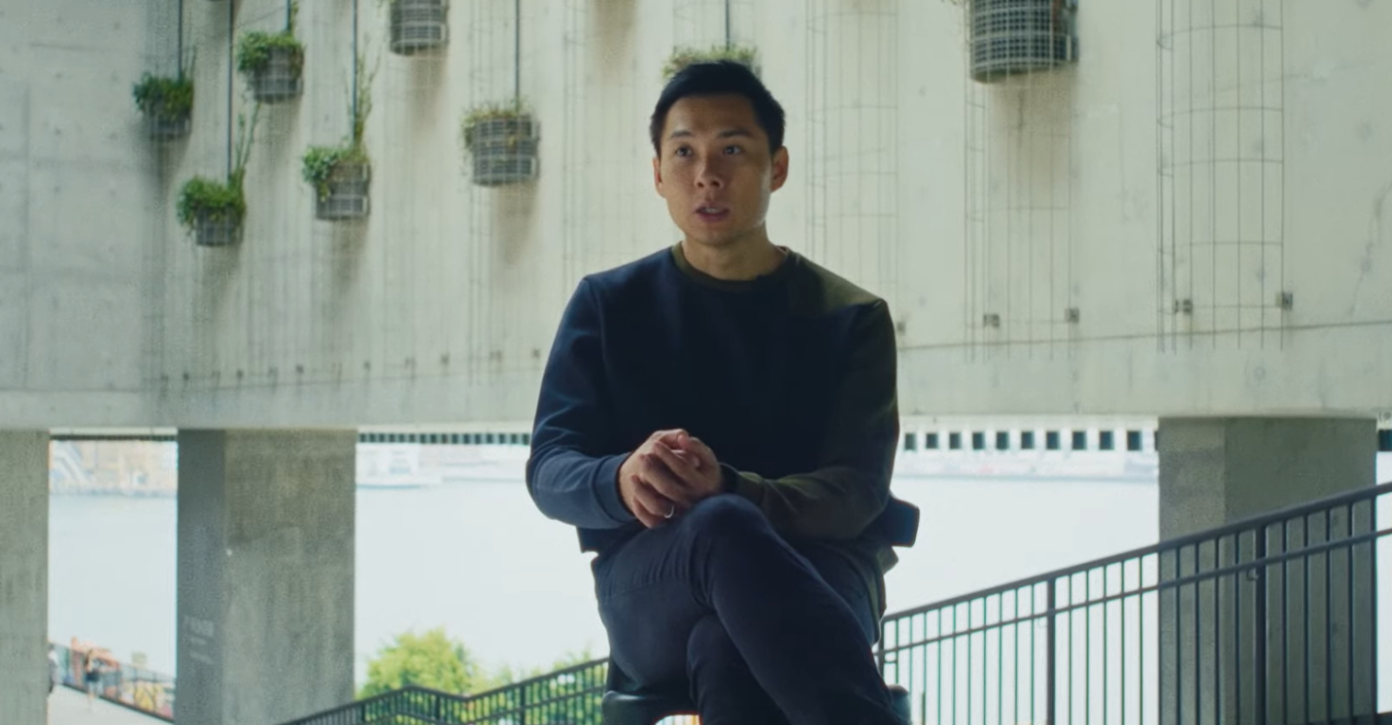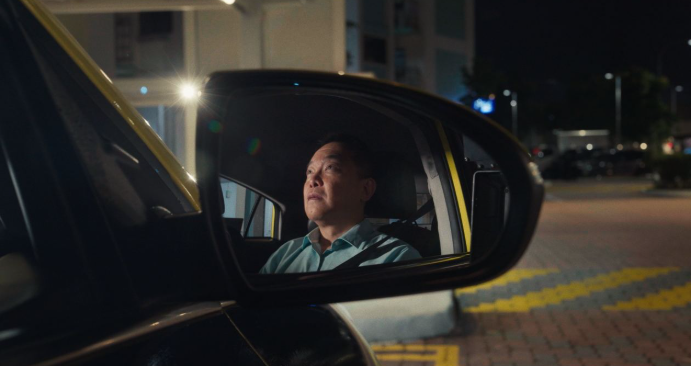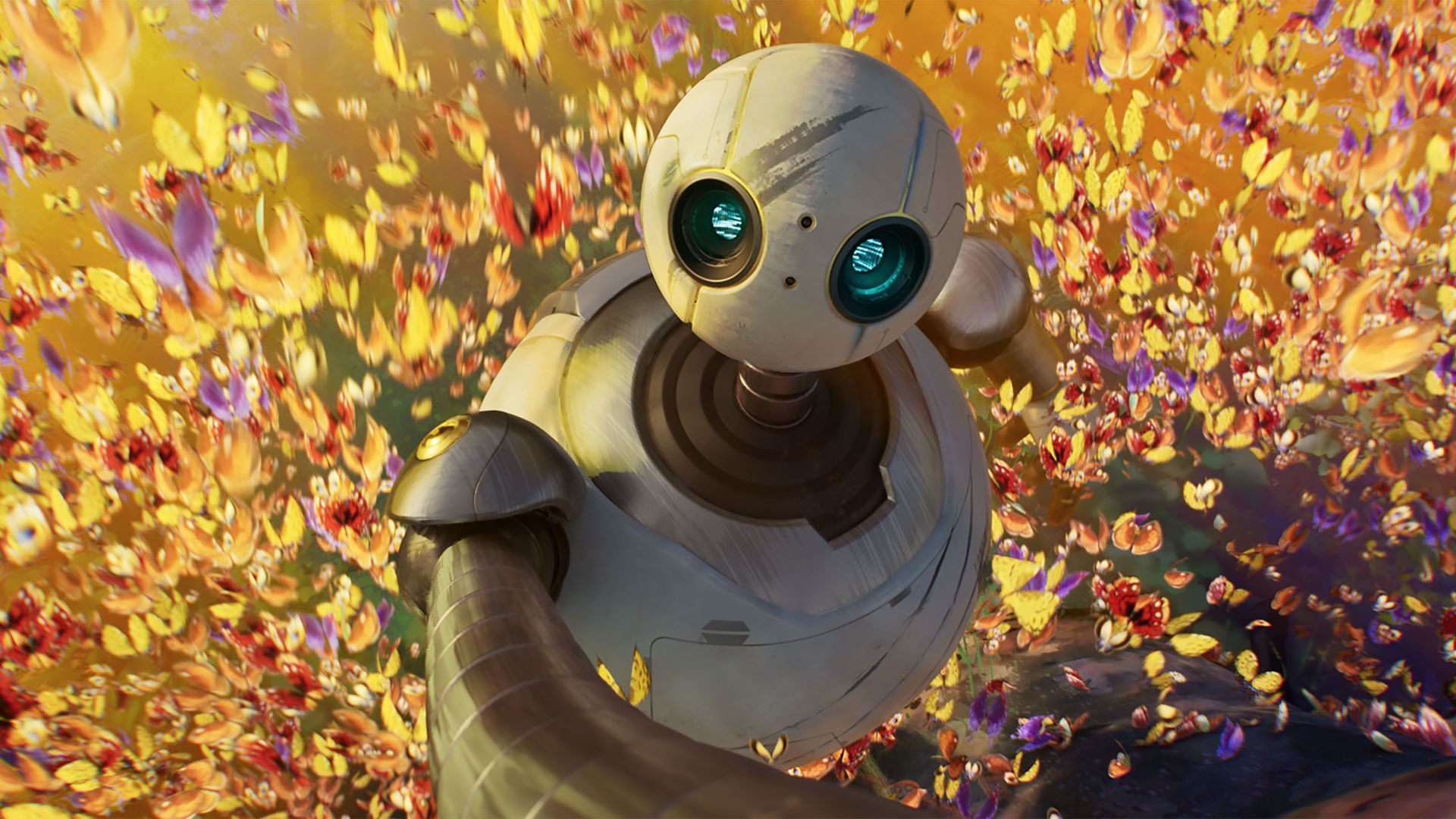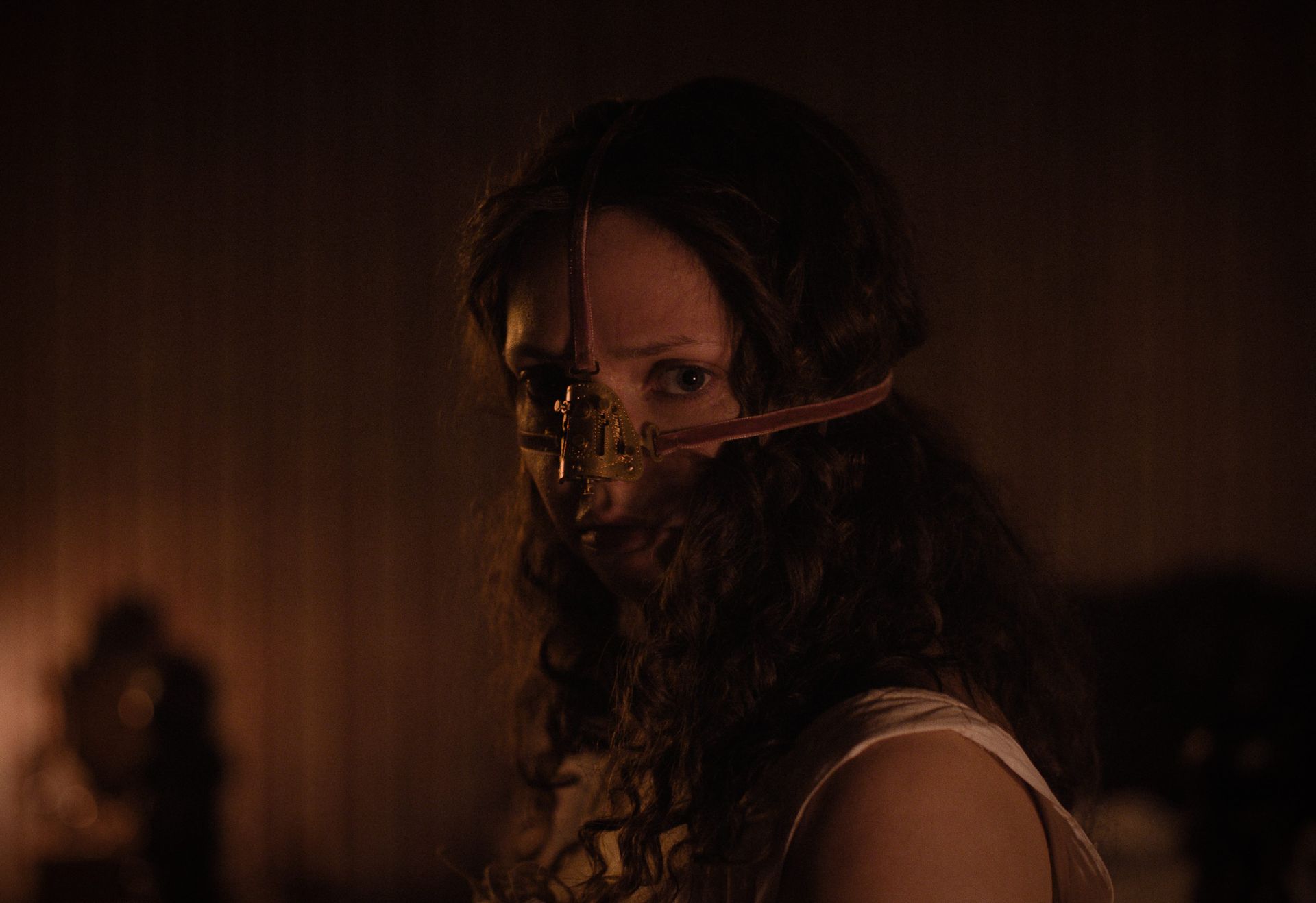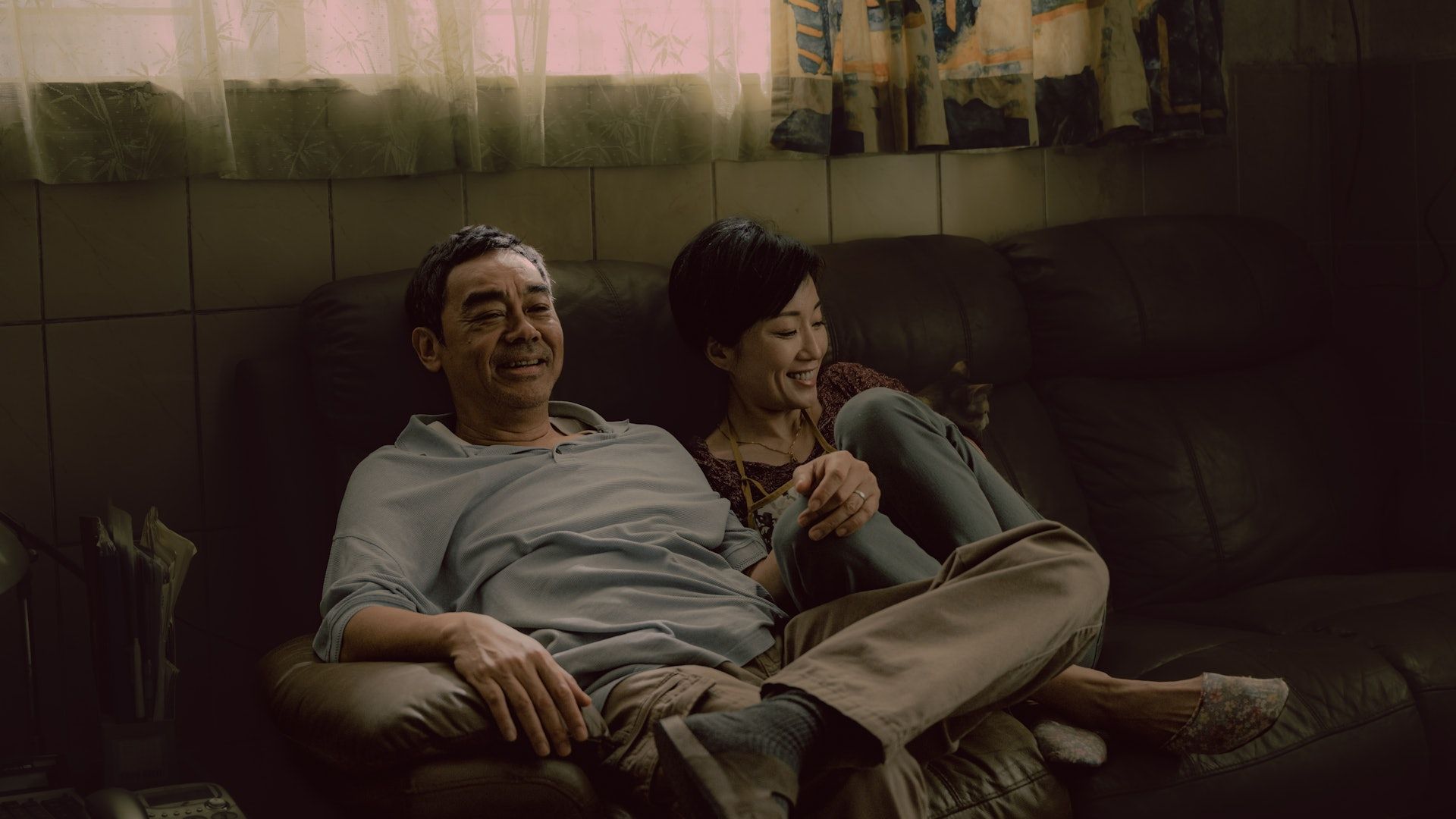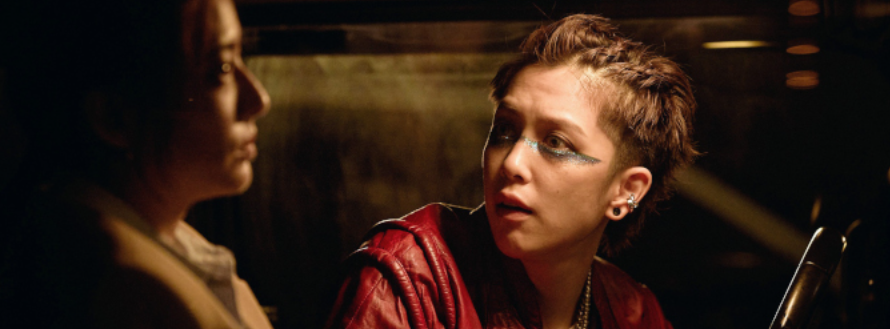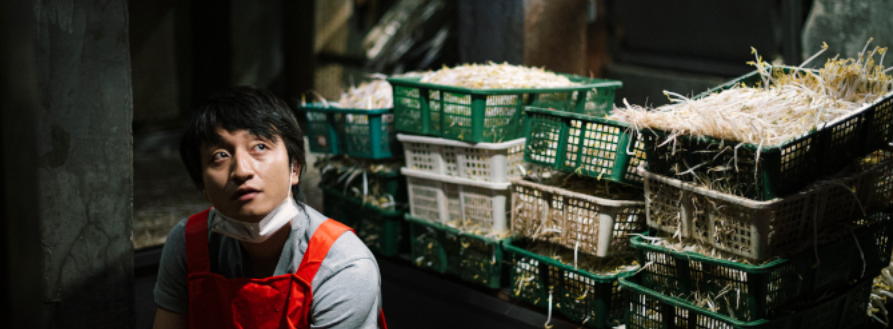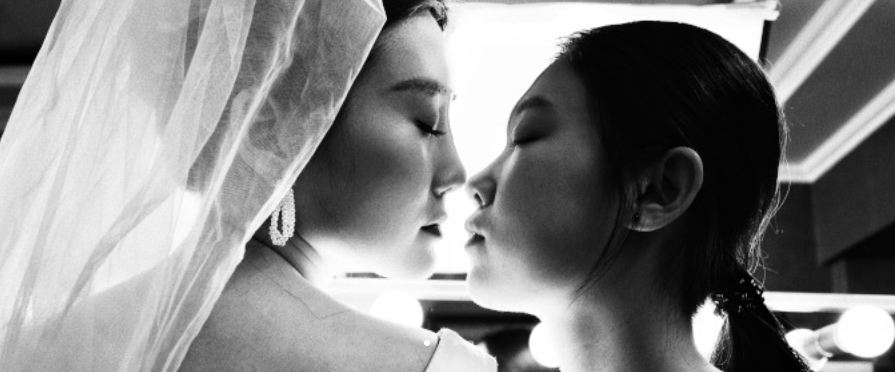Film Review #170: PIERCE
Pierce
(2024)
Unravelling The Methodical Webs of A Master Manipulator
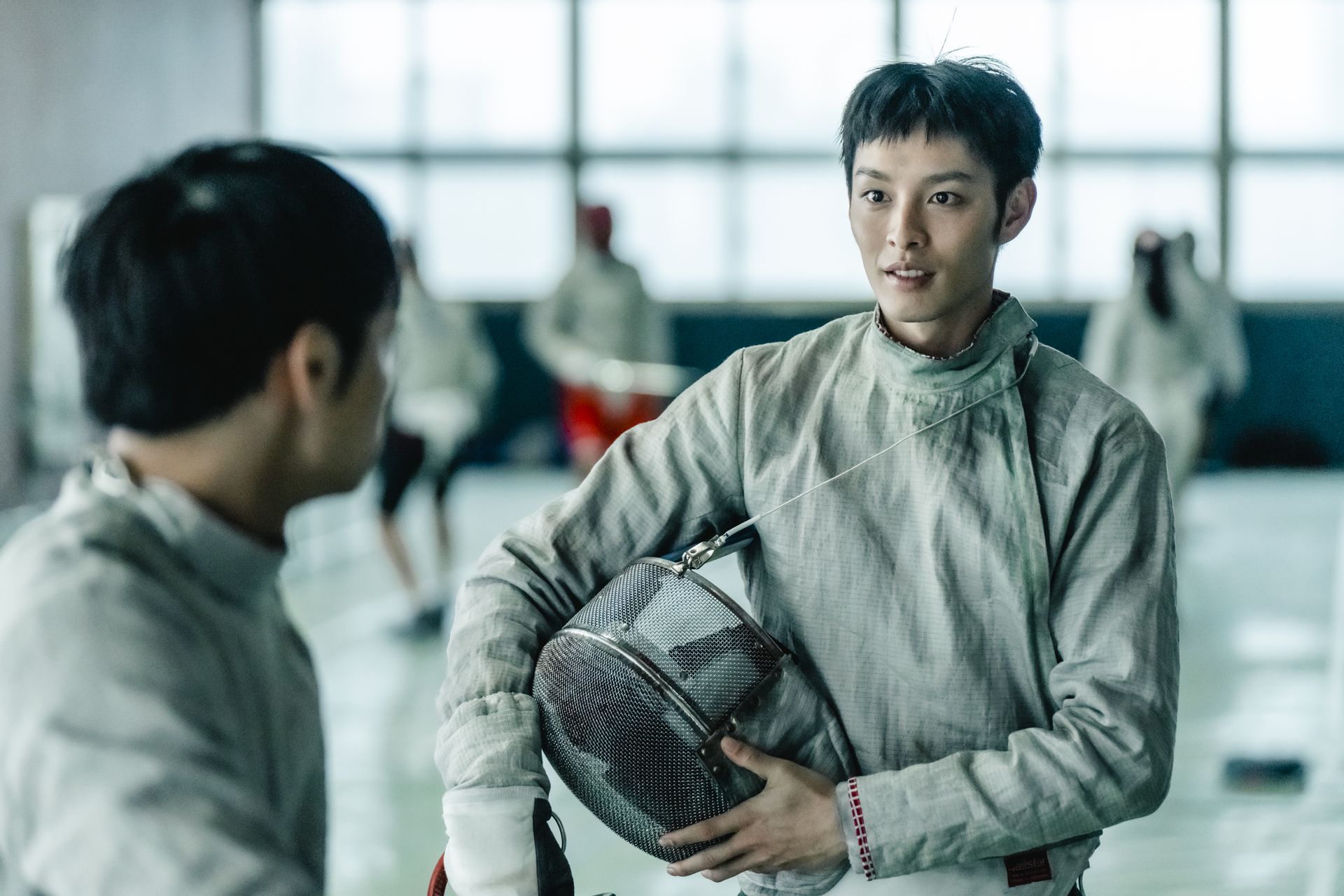
Pierce is a surgical examination into the twisted theatre of the dysfunctioned mind and the limitless nature to spin casual lies into full-fledged truths.
In Director Nelicia Low’s feature-length debut, she marries two seemingly disconnected anecdotes from her past to form a rich tapestry heralding her cinematic voice – one that is bound to stay for the foreseeable future.
Mirroring mechanics of professional fencing’s pin-sharp precision is the film’s scripting process. Having been jabbed and prodded from all possible angles, the resulting labour of love is one that doesn’t afford itself any missteps.
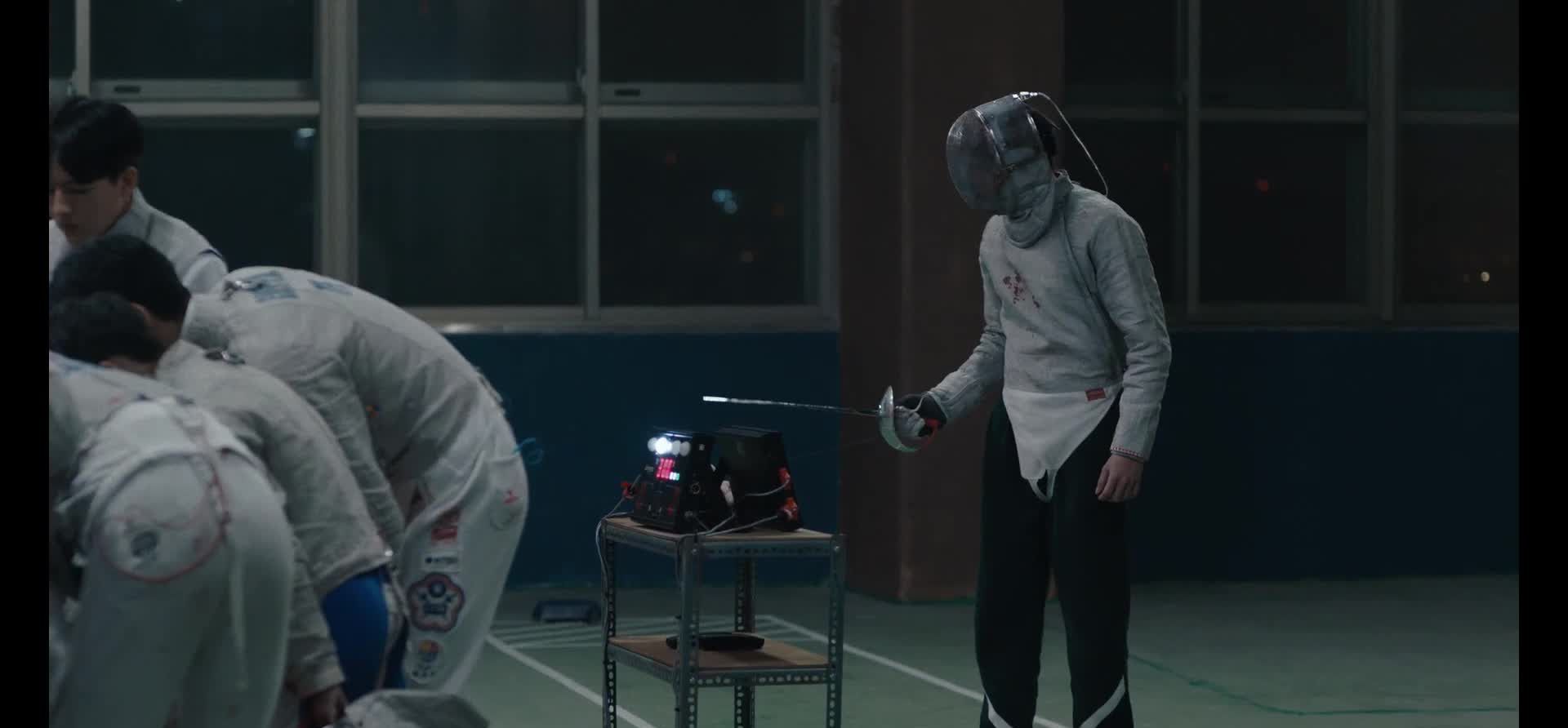
There is a particularly enthralling two-part dinner scene that comes to mind, as it also doubles up as a pseudo-courtroom scene. In the first part, gossip does what gossip does best, and a benign comment about our protagonist Zijie’s fencing fuels frenzied theories on the highly-publicized freak fencing case, which took its inspiration from a real-life mass murder case which left four killed in Taiwan.
A horrified Zijie helplessly listens as rumours surrounding his kin brother fly too close to the truth. Thankfully, his mother swoops in to dispel those rumors.
A few scenes later, we return to the same table, now with Zihan, Zijie’s brother, among the attendees. With the man now present in the flesh, the family questions relentlessly. Zihan effortlessly catches the bullets and improvises his newfound character to a shocking degree as his younger brother watches on with a mix of bewilderment and terror.
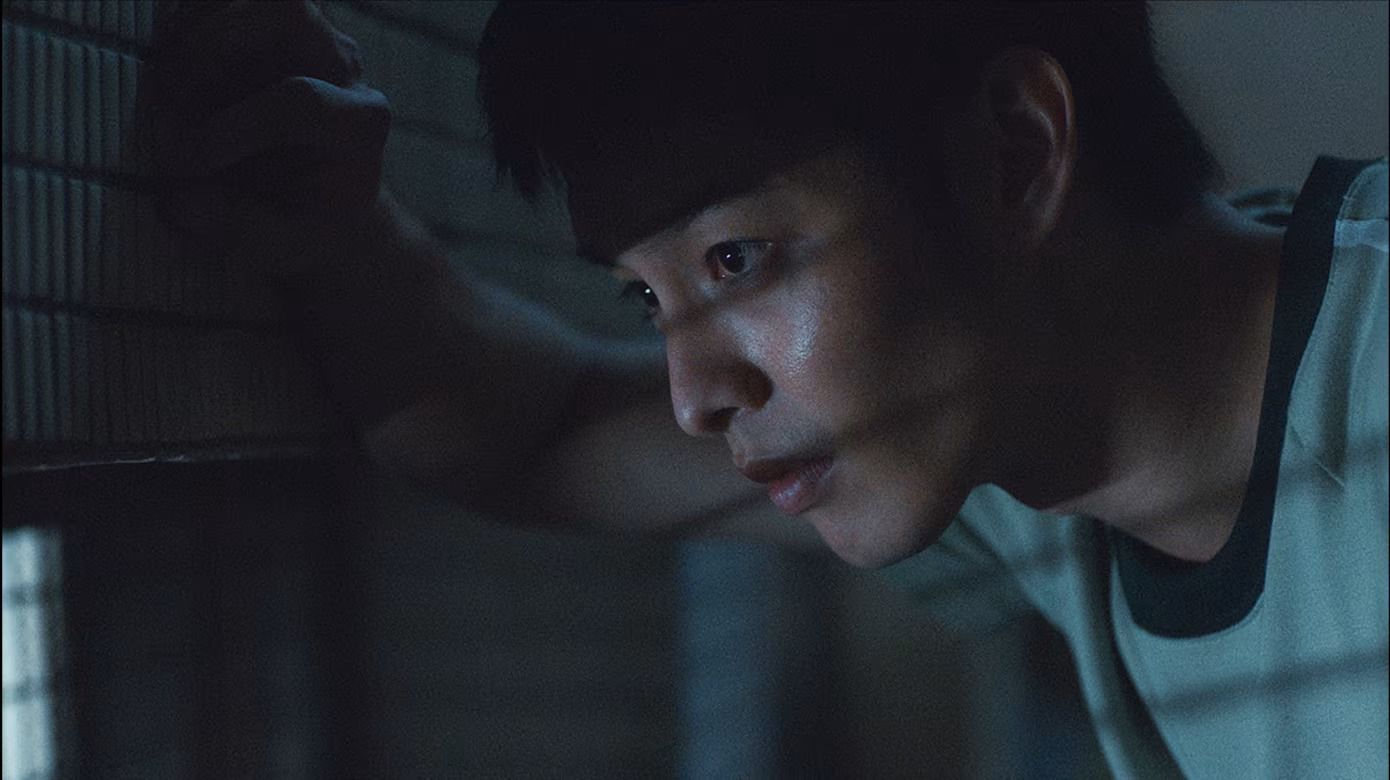
What really drew me in was the film’s formally precise presentation in the staging of the two scenes. By taking no prisoners, the following scene commands an indelible callback which draws all attention to the merciless way in which Zihan was able to subvert truth in real-time without a hint of flinching. Watching him work is not unlike watching a skilled craftsman, a time-tested professional liar.
Despite its clinically precise structure,
Pierce has a lot of heart going for it. The dissolution of the image that Zijie had held so dear for so long since his brother’s absence was heartbreaking to witness in real time.
On that note, the young lead actor here plays out this portrait of betrayal in a refreshingly mature and grounded performance.
I recall during the Q&A, Director Low shared this film took nearly five years to produce, having undergone several rewrites and delays. The final work we see today is a sheer testament to the astoundingly tight and dense scripting, brought to life by a well rounded cast who embody their characters unflinchingly.
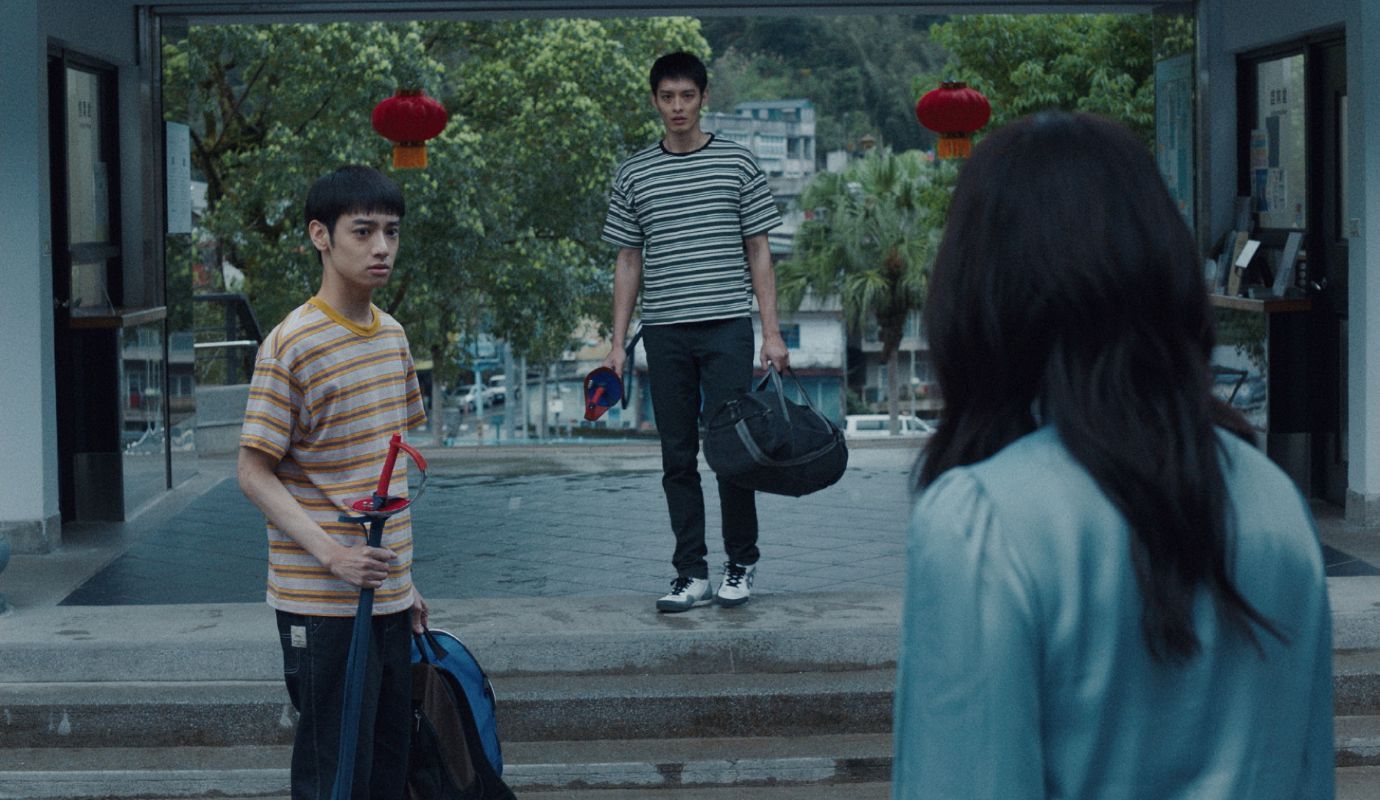
By allowing her personal experiences with her neurodivergent brother to shape and converge with her prior stint as a national fencer, Low weaves a universally resonant tale that lands especially among viewers who strive daily for function, in spite of the dysfunction that permeates their familial lives.
------------------------
About the author: Zheng Hao is an emerging media arts practitioner whose evolving practice explores the fringes that bisect the human and nonhuman worlds.
His interest lies in making visible policies that tame, dictate and restrain the livelihoods of natural spaces, challenging notions that define what constitutes ‘wilderness’ in Singapore.
His works are often informed by site-specific responses, working across video, photography and performance to elucidate the invisible voices nestled within the nonhuman world.
This review is published as part of *SCAPE’s Film Critics Lab: A Writing Mentorship Programme, with support from Singapore Film Society.

